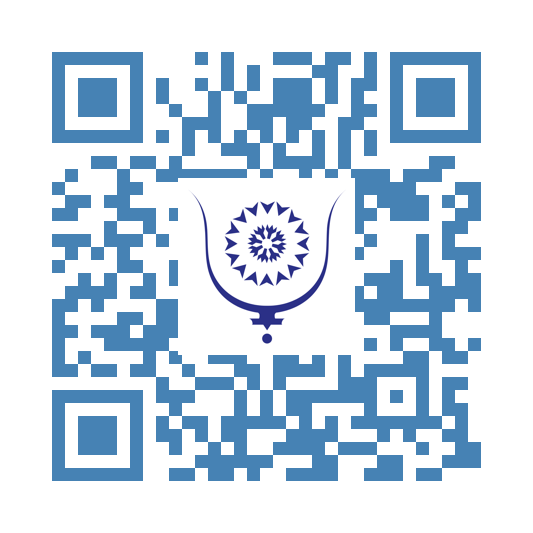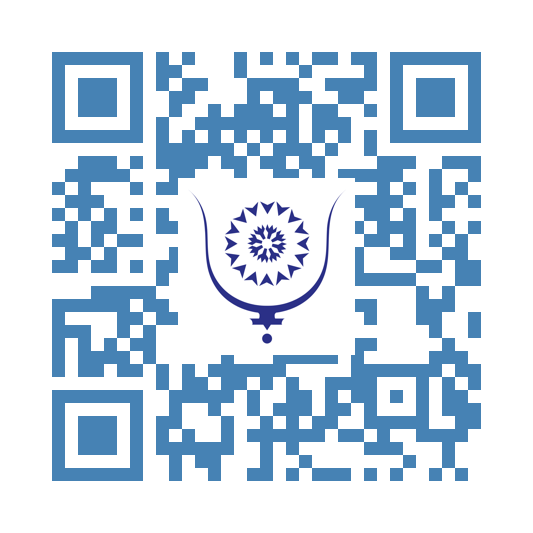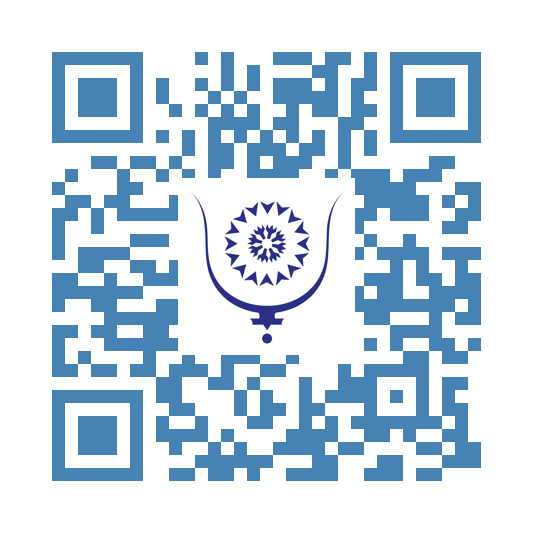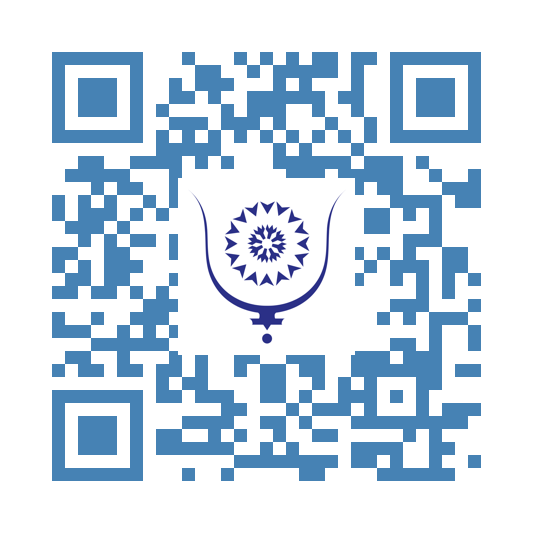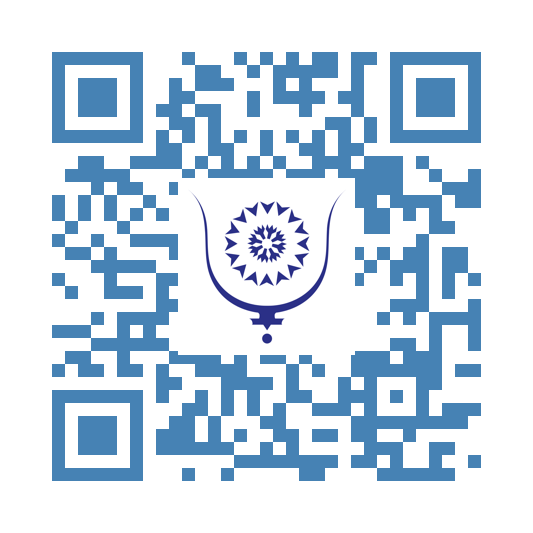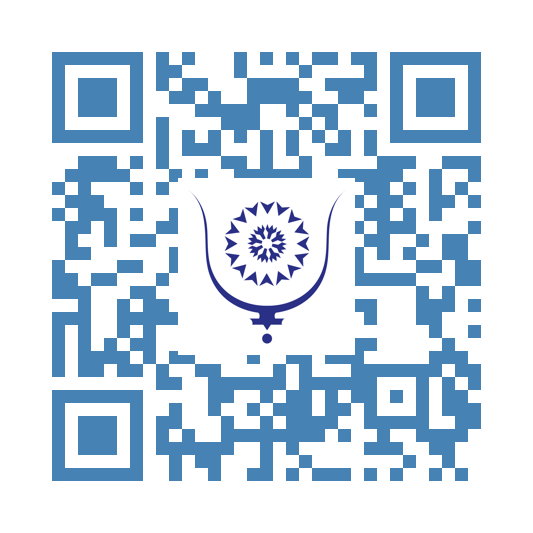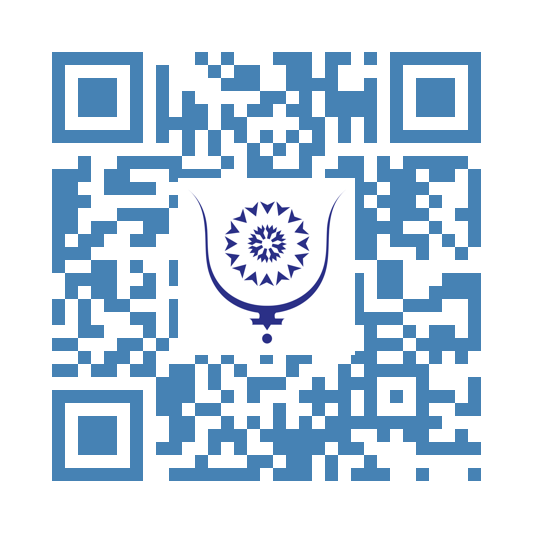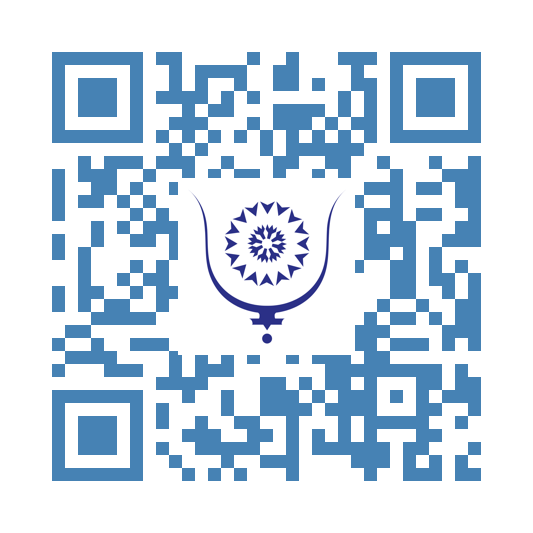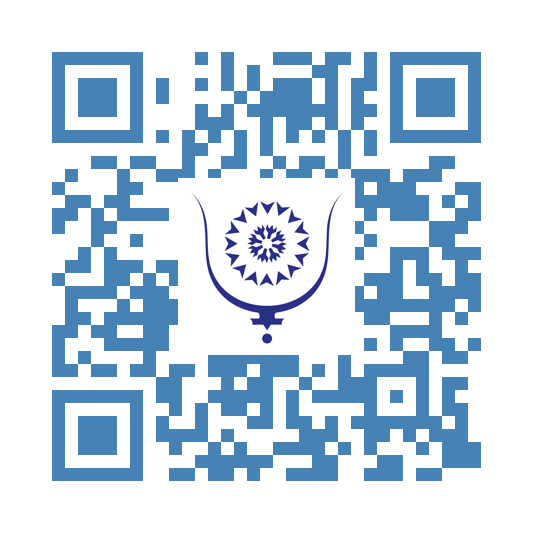The Double Health-Demography Shock Threatening Morocco: It's Time to Act 160
The physical and mental health status of Moroccans, combined with an accelerated demographic transition, outlines a worrying trajectory for the Kingdom's future economic, social, and strategic outlook. These issues should become the core of political programs and electoral debates, well ahead of short-term promises on employment, infrastructure, or any other generic or hollow topics.
Today, nearly 59% of Moroccan adults have a body mass index in the overweight category, and 24% are already obese, almost one in four adults. In other words, the majority of the adult population lives with excess weight that could very well pave the way for an explosion of chronic diseases: diabetes, cardiovascular illnesses, cancers, all within a healthcare system already under strain. This reality mechanically translates into a continuous rise in medical expenses, a multiplication of sick leaves, and a decline in national productivity in sectors that rely on workers' physical strength and good health.
To this bodily fragility is added a silent crisis in mental health: 48.9% of Moroccans aged 15 and over have experienced, are experiencing, or will experience symptoms of mental disorders, according to national surveys relayed by the Economic, Social, and Environmental Council. Depression, anxiety disorders, psychotic disorders, and suicidal behaviors now affect one in two Moroccans, in a context where specialized facilities are scarce, professionals insufficient, and stigma omnipresent. This massive psychological distress reduces learning, concentration, and innovation capacities, while undermining social cohesion by fueling addictions, violence, and withdrawal. Added to this are statistically high rates of drug and alcohol consumption. This is no longer a taboo, but a genuine topic for societal discussion and a ticking time bomb to which the country risks exposure if nothing is done to reverse the trends.
Meanwhile, demography, long a strategic asset for the country, is turning into a source of vulnerability: the fertility rate has fallen to 1.97 children per woman in 2024, below the generational renewal threshold of 2.1. Over five decades, Morocco has gone from 7.2 children per woman in the 1960s to under 2 today, joining countries facing accelerated aging. In fact, nothing exceptional: this is precisely the case in all developed societies. Morocco is in full development.
The proportion of youth under 15 is starting to decline, and by 2040, their number should drop from 9.76 million to 7.8 million, while older people will occupy a growing place in the age pyramid, bringing with it challenges for social coverage and pension funding.
Thus, the country is heading toward a triple shock: an adult population where 59% are overweight and 24% obese, thus vulnerable to chronic diseases; a society where nearly one in two inhabitants has been or could be affected by a mental disorder; and a demography that no longer renews its generations, with a fertility rate of 1.97 signaling rapid aging. A Morocco that is less numerous, less physically robust, and more psychologically fragile will, tomorrow, face greater difficulties in producing, innovating, funding its social protection, and even ensuring its defense capabilities.
If these figures do not become the foundation of party programs and thus future governments, the country will wake up in less than twenty years with a dramatic shortage of skilled labor, an army of poorly cared-for retirees, and public finances suffocated by the cumulative cost of obesity, associated diseases, and mental disorders. Political debates must stop relegating these issues to the rank of "technical files" and instead embrace them as the matrix of all economic, educational, social, and security policies.
This requires an ambitious national prevention strategy: nutritional education from school onward, reduction in the supply of ultra-processed products, surtaxation of sugar-based products and sugar itself, promotion of physical activity in cities and countryside alike, early management of mental disorders in workplaces and schools, and massive development of nearby psychiatry and psychology services. Every dirham invested in body and mind health will save tens of dirhams tomorrow in hospitalizations, disabilities, lost production, and social tensions.
But even a healthier Morocco will face an implacable arithmetic equation: with fertility below the replacement level, the reservoir of labor and vital productive forces will shrink progressively. The country will thus not have the luxury of letting its expensively trained talents leave or depriving itself of selected immigration, particularly student immigration.
A policy to attract new immigrants, especially African, Arab, and other students, must be designed as a structuring axis of the population strategy: simplification of residency procedures, integration into the labor market, recognition of diplomas, social support. In parallel, Morocco must offer attractive return conditions to its own students trained abroad: qualified jobs, career prospects, research environments, decent remuneration, and institutional stability, to turn academic mobility into a national return on investment rather than permanent exodus. The significant remittances from Moroccans abroad are essential, but keeping these same people in Morocco would be even more productive.
Billions of dirhams are invested each year in training thousands of young people who, once graduated, leave the country to contribute to other economies' wealth—even in the key and strained health sector. 700 doctors leave the country annually for several years now, while our needs are enormous.
As long as obesity, mental health, demography, and brain drain remain treated as peripheral issues, Morocco risks moving backward while appearing modernized on the surface but weakened from within. It is still time to make health and human capital the compass of all public policy; tomorrow, it will be a race against the clock whose stakes we will no longer control, let alone its outcomes.
This is what should form the basis of party programs and debates during the electoral campaign, which has in fact already begun in a subdued way.
















